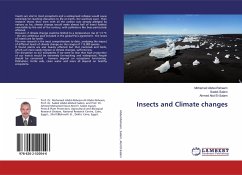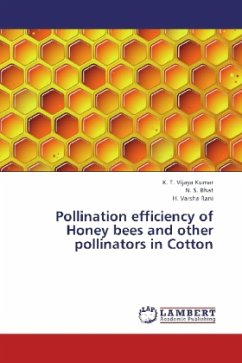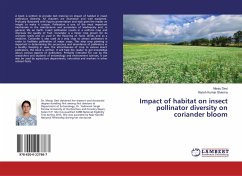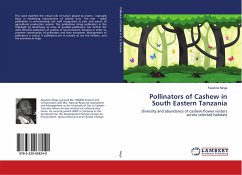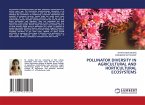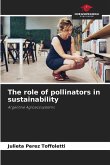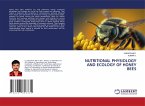Insects are vital to most ecosystems and a widespread collapse would cause extremely far-reaching disruption to life on Earth, the scientists warn. Their research shows that, even with all the carbon cuts already pledged by nations so far, climate change would make almost half of insect habitat unsuitable by the end of the century, with pollinators like bees particularly affected.However, if climate change could be limited to a temperature rise of 1.5 ºC - the very ambitious goal included in the global Paris agreement - the losses of insects are far lower.The new research is the most comprehensive to date, analyzing the impact of different levels of climate change on the ranges of 115,000 species. It found plants are also heavily affected but that mammals and birds, which can more easily migrate as climate changes, suffered less.The disruption to our ecosystems if we were to lose that high proportion of our insects would be extremely far-reaching and widespread. People should be concerned - humans depend on ecosystems functioning. Pollination, fertile soils, clean water and more all depend on healthy ecosystems.
Bitte wählen Sie Ihr Anliegen aus.
Rechnungen
Retourenschein anfordern
Bestellstatus
Storno

